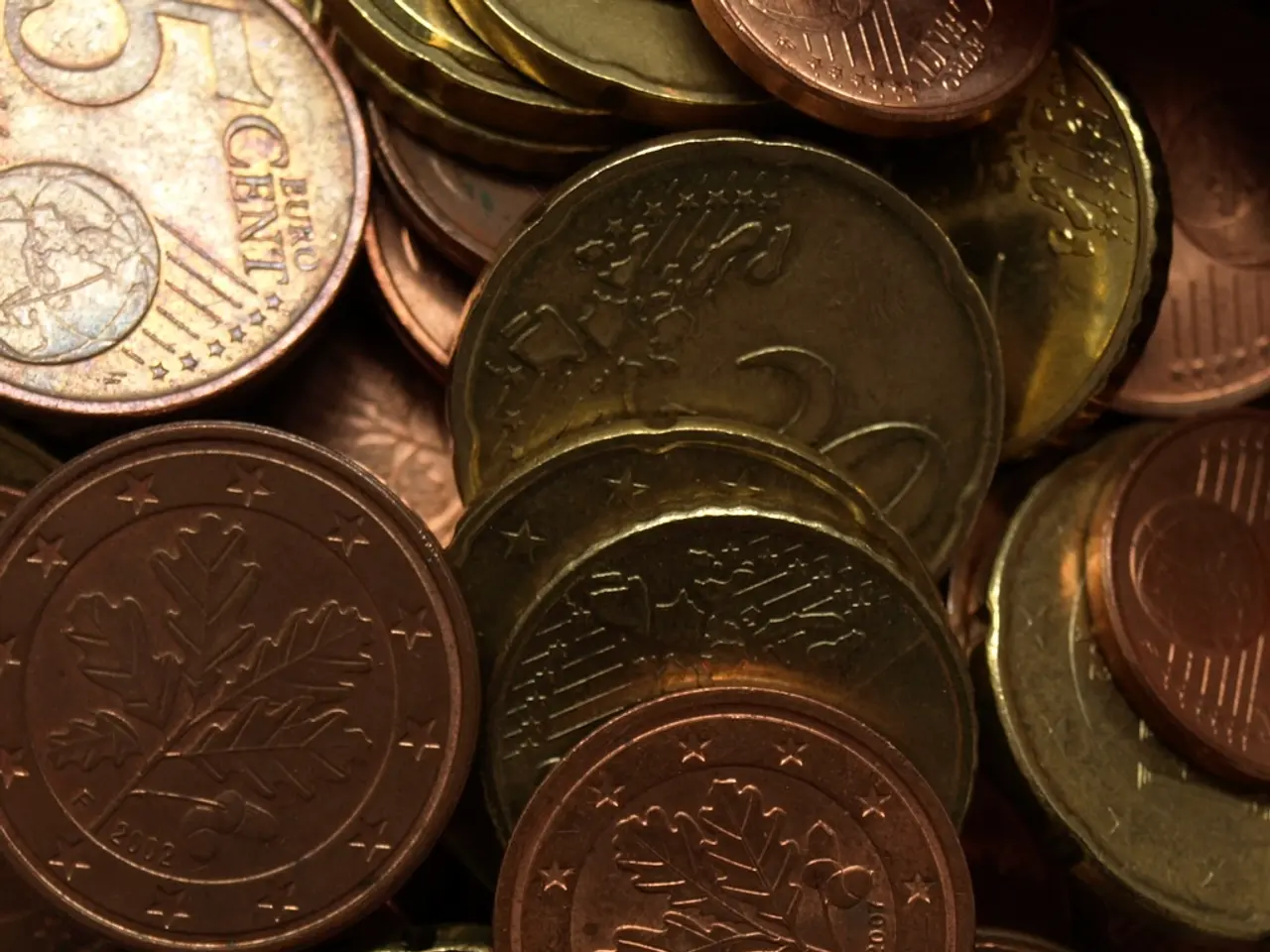Monero's currency value decreases due to mineral extraction pool's assault on Monero Network, according to the recent reports.
Monero Faces 51% Attack Vulnerability Amid Centralization Concerns
Monero, a popular privacy-focused cryptocurrency, has found itself under scrutiny due to its potential use in money laundering and a recent incident where a mining pool, Qubic, temporarily controlled over 51% of the global hashrate.
In August 2025, Qubic achieved a theoretical 51% attack capability, a situation that allows the pool to potentially reorganize blocks, censor transactions, and perform double-spend attacks. This concentration of hashrate threatens the network’s decentralization and security.
Following the incident, major exchanges like Kraken temporarily suspended XMR deposits as a precaution, although trading and withdrawals remained active. Qubic’s control has grown rapidly from under 2% in May 2025 to over 77% at one point in August 2025, partially fueled by its unique economic model of converting mining rewards to buy and burn its own tokens, incentivizing miners to join.
Sergey Ivancheglo, the founder of Qubic, described the move as a "stress test" intended to expose vulnerabilities and prepare the community for future threats. However, after obtaining more than 51% control of Monero, other miners coordinated to drop Monero's hashrate below 14%, causing a 10% price drop from $276.69 to $251.35.
Monero’s development team is aware of these risks and has planned protocol upgrades and decentralization fixes scheduled mainly for Q3 2025 to mitigate the dominance of large miners like Qubic and restore network security. The community is also encouraged to adopt more decentralized mining approaches such as P2Pool, which currently accounts for about 15% of hashrate, to counterbalance Qubic’s influence.
Despite the recent events, Monero has shown resilience. Advocates praise its privacy features, while authorities view it as a tool for criminal activities. The community remains hopeful that the planned upgrades and increased decentralization efforts will address the current vulnerabilities and restore trust in the network.
References:
- CoinDesk
- Decrypt
- Monero Research Lab
- The Block
- Cointelegraph
Read also:
- Global Gaming Company, LINEUP Games, Moves Into Extensive Global Web3 Multi-Platform Gaming Network
- "Tesla's dominance in the electric vehicle industry may be facing competition from a new player: Škoda, as the German electric car market undergoes transformation."
- Ford Presents Economical Electric Vehicle Strategy: Boasts a Lower Total Expense over a Five-Year Period than a Pre-owned Tesla Model Y from Three Years Ago
- Evaluating the sound and rational reasoning behind the latest Metal Gear Solid V game






